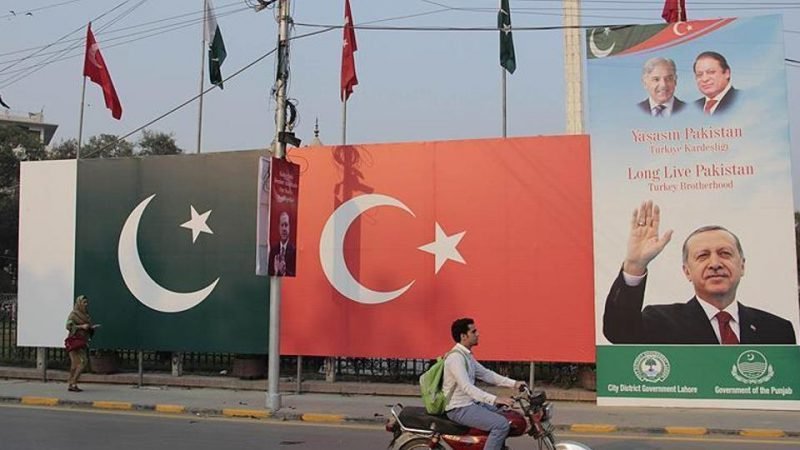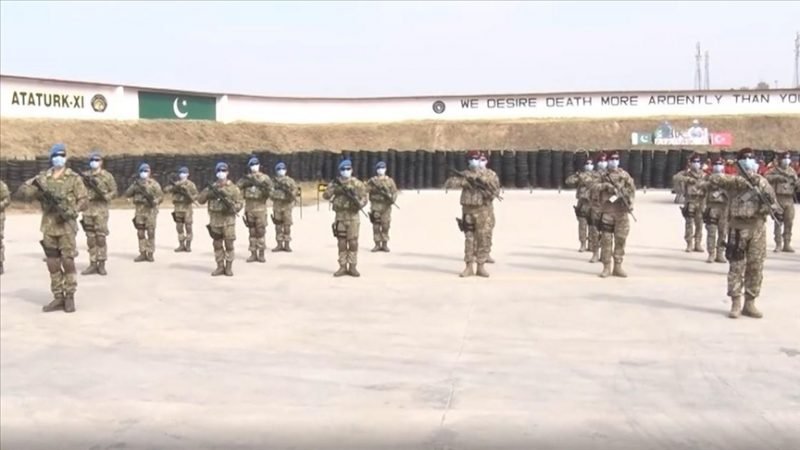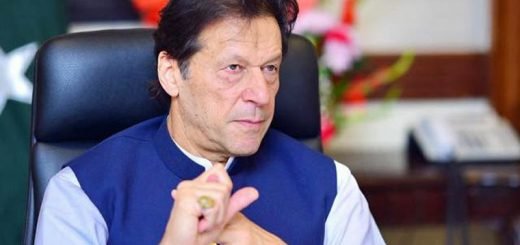ATATURK 21: Pakistan-Turkey move ahead with cooperative military ties, an alert to India

On 9th February 2021, Pakistani and Turkish Special Forces began their three-week joint military exercise, ATATURK 21 at Pakistan’s military Special Service Headquarters in Tarbela. ATATURK 21 aims to strengthen the bond between the two nations, further helping them to adapt to the emerging military modernization and cooperation. Therefore, to foster Islamabad-Ankara strategic alliance, the joint exercise focused on counter-terrorism, close quarter battle, cordon and search, rappelling, fire and move techniques, helicopter rappelling, compound clearance, hostage and rescue, and free-fall operations. Pakistani Prime Minister Imran Khan stated, “both countries enjoyed brotherly ties and stood shoulder to shoulder with each other in difficult times,” signifying the historically close partnership between Pakistan and Turkey.
It is crucial to note that both the countries have increased their defence and military cooperation in recent years, as the special forces of Turkey-Pakistan have routinely engaged themselves in joint drills to improve skills and coordination. Subsequently, in 2018 Pakistan signed a contract with ASFAT – Turkey’s state-owned Defence Firm for the acquisition of four MILGEM-Class ships which can be hidden from the radar, thus helping Pakistan Navy to enhance its Defence capability. The strategic partnership is not just limited to Defence ties but also looks forward to the early implementation of Pakistan-Turkey Strategic Economic Framework aiming to boost economic and commercial ties too. The framework is said to designate 71 items over which the two brotherly partners are working to improve trade ties.

This growing economic & military engagement followed by ATATURK 21 might be an alert signal to India, suggesting the emergence of a new strategic alliance that can strain the dynamics of South Asia, with a major implication on Indo-Pak’s Kashmir issue, given that Turkey has become a vocal supporter of Pakistan’s narrative over Kashmir. In February 2020 Turkish President Recep Tayyip Erdogan recalled the battle of Gallipoli or Dardanelles between Turkey and Allied Powers in 1915-16 as the forces tried to weaken the Ottoman empire to take control over Dardanelles Strait and thus President Erdogan linked the Allied aggression towards Canakkale (a city near Dardanelles strait) to that of India’s towards Kashmir in contemporary times. He mentioned, “now we feel the same about Kashmir today, it was Canakkale yesterday and Kashmir today, there is no difference in between ”. This strong statement firmly reflects that the Kashmir issue is as important to Turkey as it is to Pakistan.
Further, Turkey being a part of Organization of Islamic Cooperation (OIC) contact group on Jammu and Kashmir (formed in 1994 to stimulate joint Islamic action Kashmir issue), often has denounced India for Human Rights abuses and called for the settlement of dispute along UNSC lines. Whereas, President Erdogan also stressed India to proceed to multilateral dialogue as against bilateralism that India opts for settling the age-old Kashmir issue. Note that this significant political support has been two way, given that Islamabad supports Turkey’s stance against Greece and Cyprus. Moreover, Pakistan has moved to develop closer ties with Turkey after upsetting its relations with the UAE and Saudi Arabia, thus gaining support for Kashmir and arms procurement.
As India started to grow as a regional power in South Asia and subsequently the Modi Government triggered the world with its bold move of scrapping Article 370, denoting Kashmir as a Union Territory, subtly declaring J&K constitution void, hence asserting a firm central control over Kashmiri territory has certainly attacked Pakistan’s sentiments. However, India should not be oblivious to the growing military, economic cum political ties between Turkey and Pakistan which surely works in favour of Pakistan for enhancing its defences capability, economic stability and developing partners to assert its firm hold over Kashmir countering India.


















